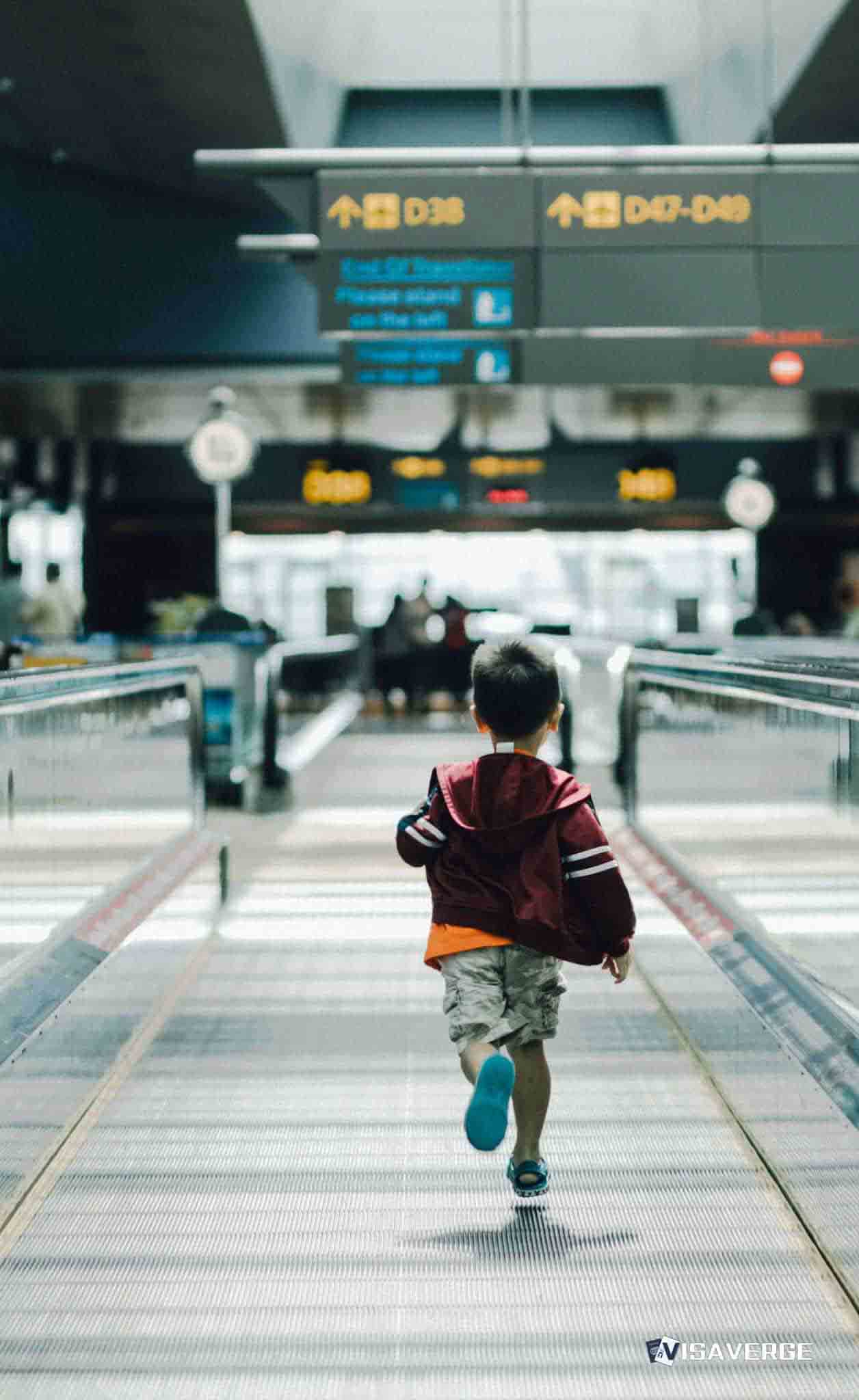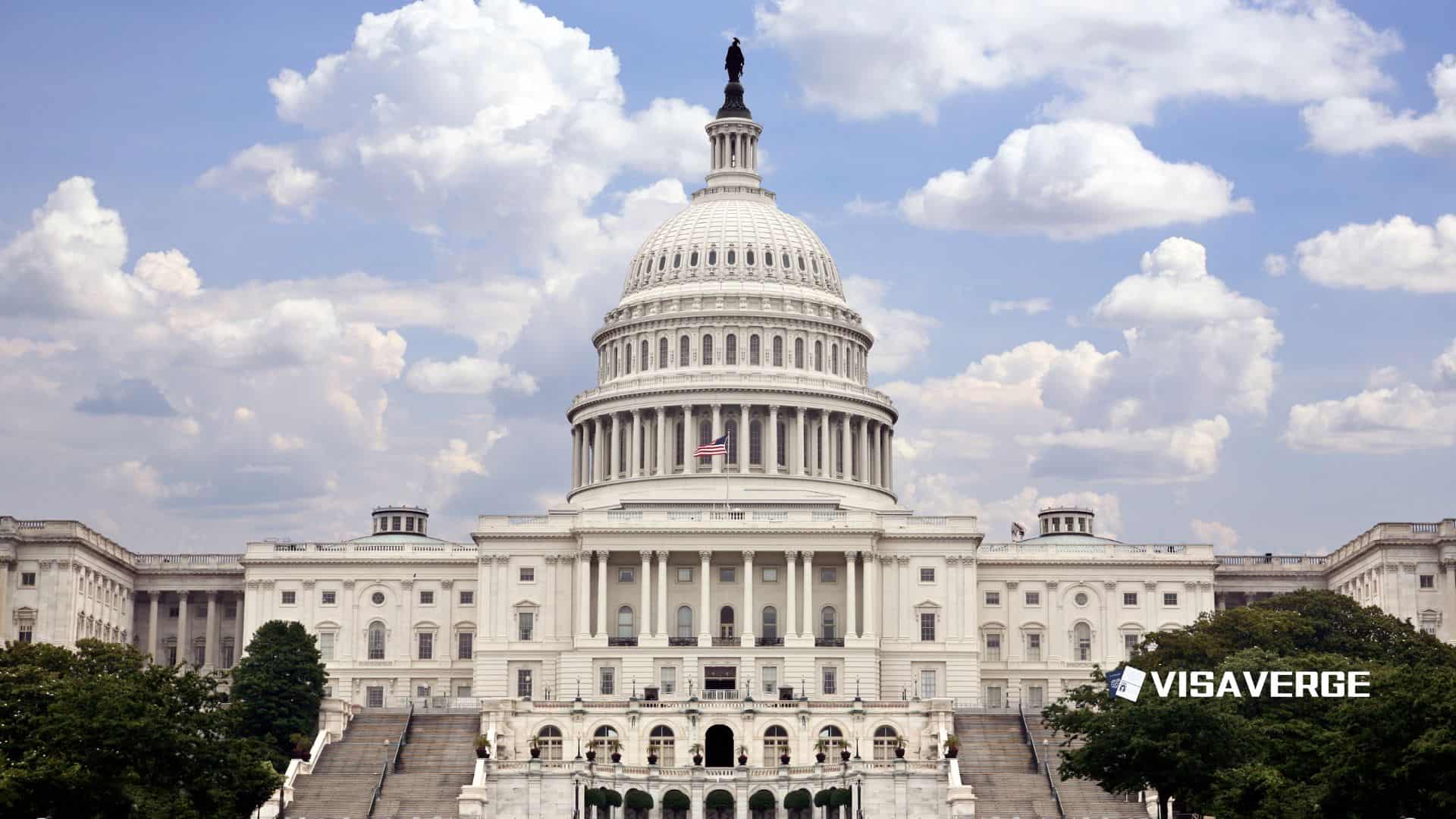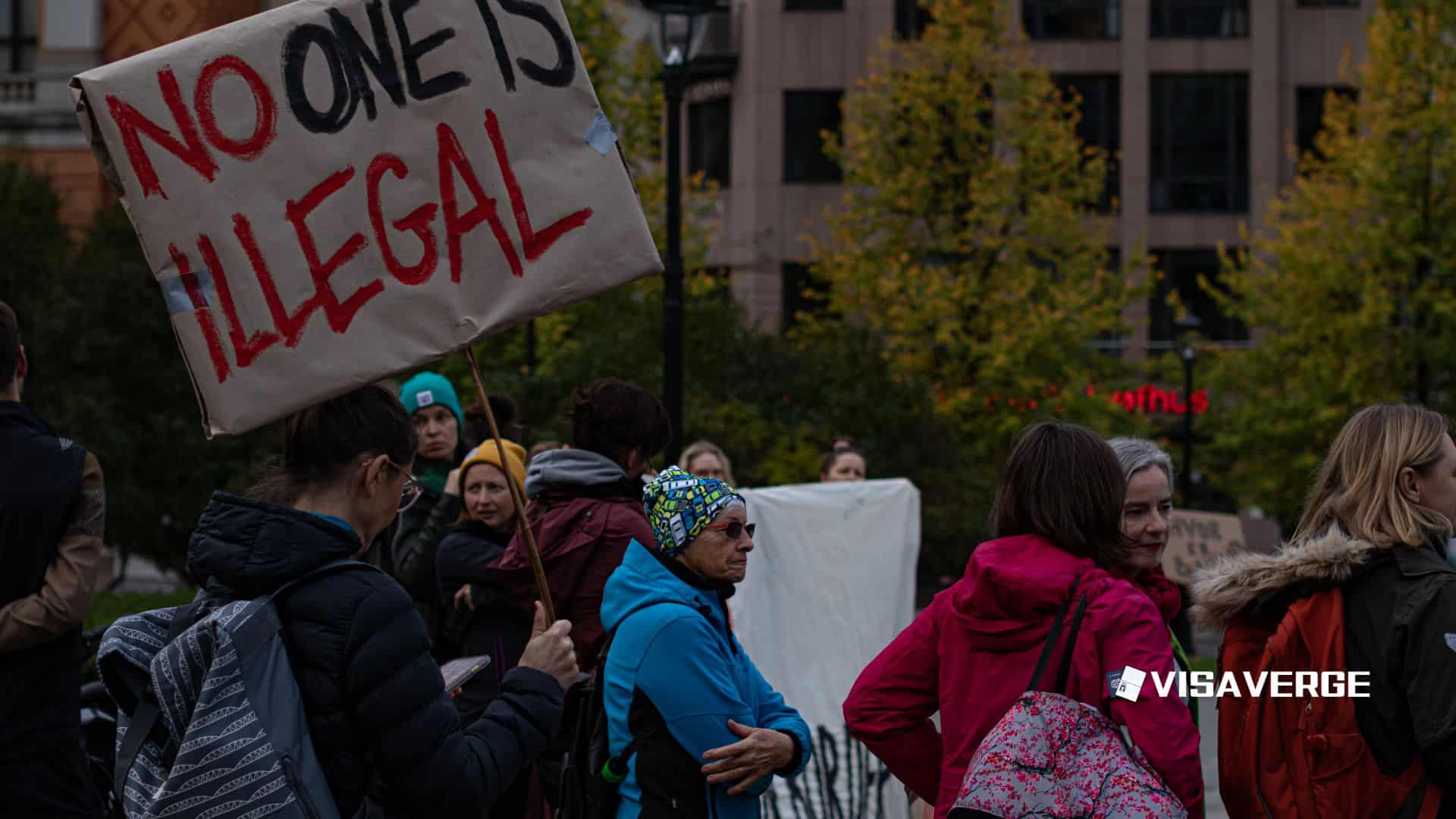(MYAWADDY TOWNSHIP, NEAR THE THAI BORDER, THAILAND) Thailand has detained hundreds of foreigners who fled the KK Park raid in Myanmar in mid-October, halting a steady stream of people escaping forced work inside Myanmar scam hubs. Over nine days of strikes around the compound in Myawaddy township—about 500 meters from the Thai border—triggered a mass exodus that pushed more than 1,500 people toward Thailand, according to officials monitoring the crossing. As the arrivals surged in late October and early November, Thai authorities moved to arrest those who crossed without permission.
What happened at KK Park and why people fled
The operation at KK Park unfolded in a volatile frontline zone where the Myanmar military and Karen opposition fighters have clashed for years. After the KK Park raid disrupted one of the region’s largest cybercrime sites, people fled in waves, many describing coercion, confinement, and threats by criminal bosses running the compounds.

Most headed straight for the border town of Mae Sot, drawn by the short distance and the belief that Thai police and soldiers would separate victims from traffickers. Instead, Thailand’s Immigration Bureau in Tak province focused on immigration offenses.
The KK Park raid created an opportunity to escape—but crossing into Thailand without authorization often led to detention rather than immediate protection.
Numbers, nationalities, and detainee profile
- Officials confirmed about 1,600 people were detained after entering Thailand illegally.
- 1,598 were recorded in custody by November 3, 2025, including 265 women.
- Detainees came from 28 countries, showing the global reach of recruitment networks.
- Large groups included nationals from China, the Philippines, Vietnam, Ethiopia, Kenya, and India.
- Indian officials counted 465 nationals among those who escaped KK Park.
Col Chonakarn Saengsorn of the army’s Naresuan Task Force said people fleeing were charged with illegal entry at local police stations in Tak, highlighting Thailand’s decision to pursue criminal-system cases first while foreign embassies verified identities and arranged removals.
Indian repatriation efforts
India moved quickly to repatriate its nationals:
– 270 Indian nationals, including 26 women, were flown out in stages.
– The operation involved the Indian Embassy in Bangkok, the Consulate in Chiang Mai, and Thai government units on the ground.
– The first group was routed through the Andaman and Nicobar Islands before onward travel to New Delhi.
– Indian investigative agencies prepared to question returnees about recruitment and any links to criminal networks.
– About 200 more Indians in Mae Sot awaited transport and clearance.
Thailand’s enforcement approach and consequences
Thai officials defended arrests as necessary to maintain border order even in emergencies. Their process typically follows this sequence:
- Charge individuals with illegal entry at local police stations.
- Hold detainees while embassies verify nationality and details.
- Move to removal/flight booking once consular confirmation arrives.
This approach leads to several effects:
– People who view themselves as trafficking victims often find themselves in police custody before any formal screening for protection needs.
– Consular teams attempt to separate coerced victims from suspected perpetrators, but the speed of the mass exodus complicated early interviews and verifications.
– VisaVerge.com analysis notes the system keeps processing moving but places a heavy burden on victims to prove coercion, especially if they lack passports or entry stamps.
Why trafficked people are hard to classify
Those fleeing KK Park and similar sites often:
– Carry no valid documents.
– Have no pay records.
– Fear violence from the networks that recruited them.
Many reported being lured by online job ads promising high salaries and housing in “tech parks,” only to discover locked dorms, guarded gates, and quotas tied to online fraud. When bombardments began during the KK Park raid, escape became possible — but crossing into Thailand frequently resulted in handcuffs and holding cells rather than protection.
Contrast with Thailand’s policy for Myanmar camp refugees
Thailand’s treatment of KK Park arrivals differs from its policy toward long-term Myanmar refugees in camps:
– On August 26, 2025, the Thai Cabinet approved a resolution allowing legal work for Myanmar refugees in the country’s nine border camps.
– This policy was presented as a humane step after severe aid cuts that began in January 2025, which led to the end of most food assistance and primary healthcare by July 31, 2025.
– Rights groups welcomed the measure, but it does not apply to people fleeing cybercrime sites like KK Park.
Operational pressures and border management
Authorities in Mae Sot say detaining arrivals is necessary to manage mixed flows where trafficking victims and suspected perpetrators move together. Practical constraints include:
– Limited detention and processing space at Thai Immigration Bureau facilities.
– Reliance on quick coordination with embassies to verify nationality and secure flights.
– The need to keep border processing moving to prevent backlog and disorder.
Security sources and aid workers report that scam hubs have grown into a shadow economy, recruiting foreign workers and sheltering ringleaders behind armed groups. Fighting scatters workers rather than dismantling networks, creating sudden, large groups of displaced people near checkpoints—many injured, exhausted, and without lawful status.
Diplomacy, removals, and post-return risks
Thai officials point to embassy cooperation and removal flights as evidence detainees will not remain in limbo. India’s swift repatriation is held up as a model.
However:
– As of early November, consular teams from several countries were still verifying identities and arranging travel documents.
– Returnees may face interrogations at home; Indian authorities have already said returnees will be questioned by investigative agencies about recruitment and any role in online fraud operations.
Where to find official guidance
For official guidance on Thailand’s border and visa controls, see the Royal Thai Police Immigration Bureau: https://www.immigration.go.th/
- That site provides current notices and contact points for provincial units, including Tak province, where most KK Park detainees are processed before transfer or release to consular custody.
- With fighting in Myawaddy continuing to shift, border units remain on alert for further movements from nearby compounds.
The KK Park raid forced a difficult balance: Thailand aims to deter unlawful entry while foreign governments work to extract their citizens and learn how they were recruited into Myanmar scam hubs. For now, arrests continue, removals are underway, and hundreds caught up in the mass exodus wait—some to go home, others for a chance to explain they ran to escape a crime, not to commit one.
This Article in a Nutshell
A mid-October raid on KK Park in Myawaddy forced over 1,500 people toward Thailand, where authorities detained about 1,598 for illegal entry. Detainees came from 28 countries; India counted 465 nationals and repatriated 270 in staged flights. Thai law enforcement prioritized immigration offenses while embassies verified identities and arranged removals. Critics warn trafficking victims often end up in custody before protection screening. Thailand’s August 2025 policy allowing legal work for long-term Myanmar camp refugees does not apply to KK Park escapees.













